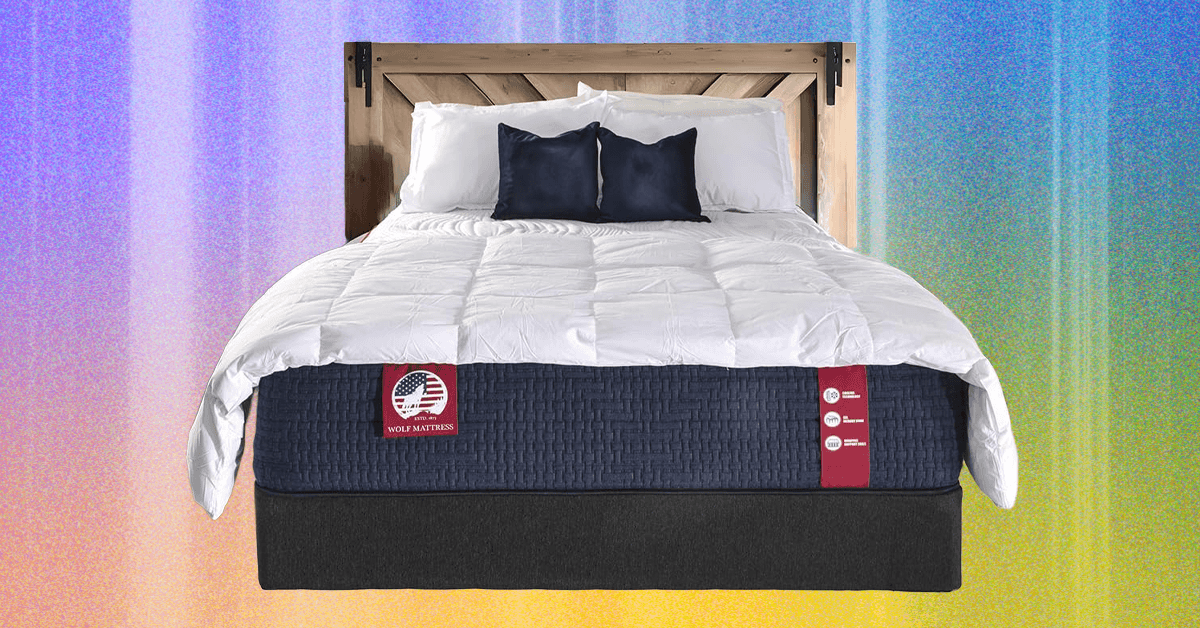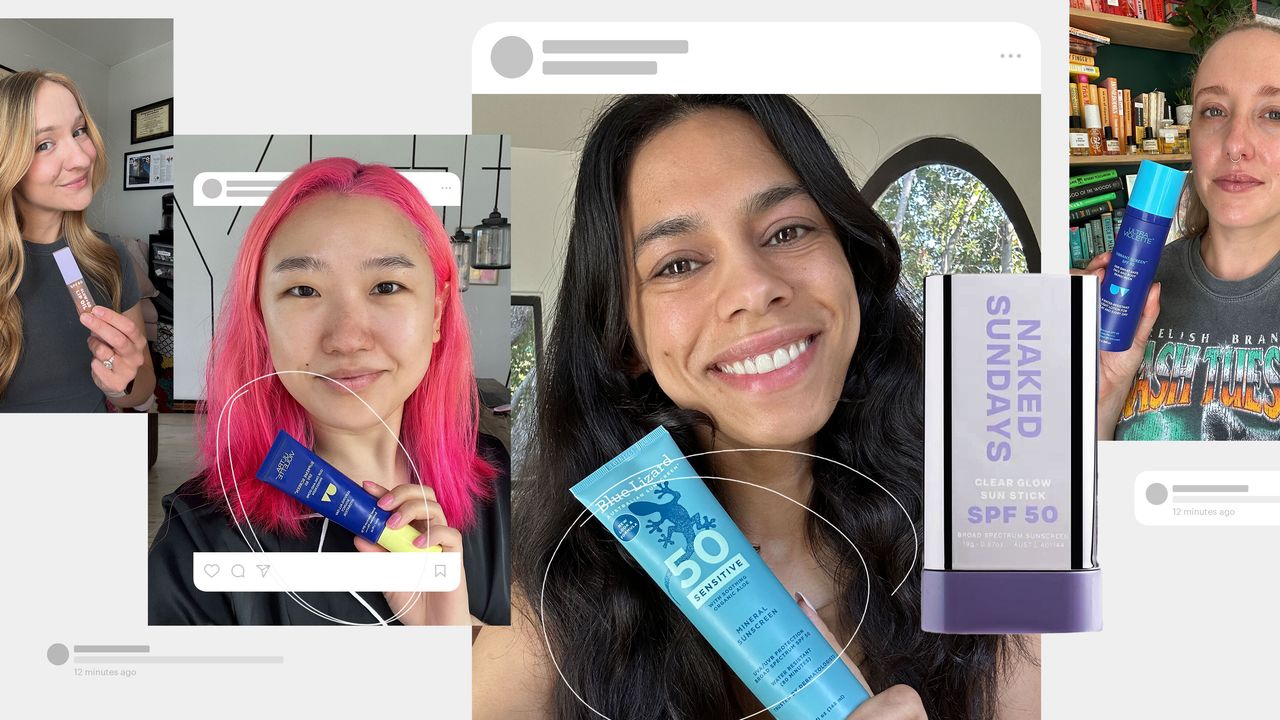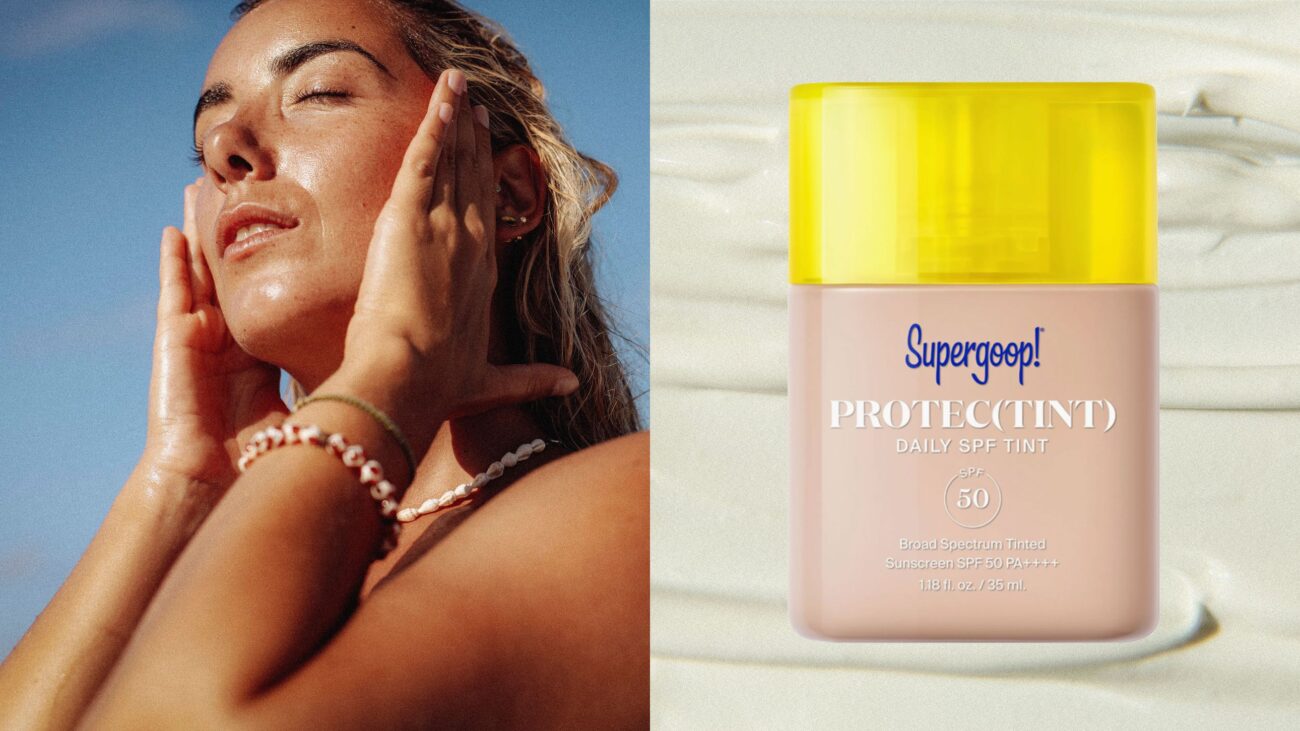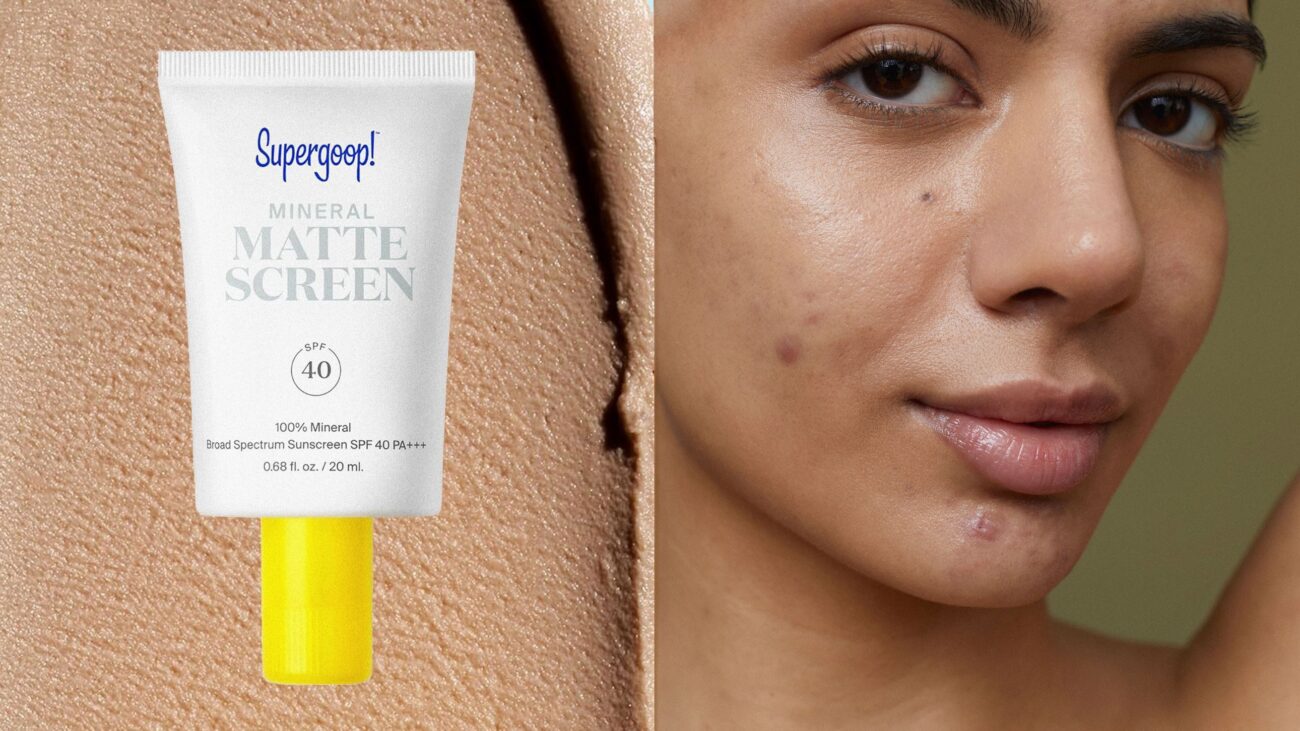Blog
Why Is the FDA Suddenly Calling Out Foam Sunscreens?
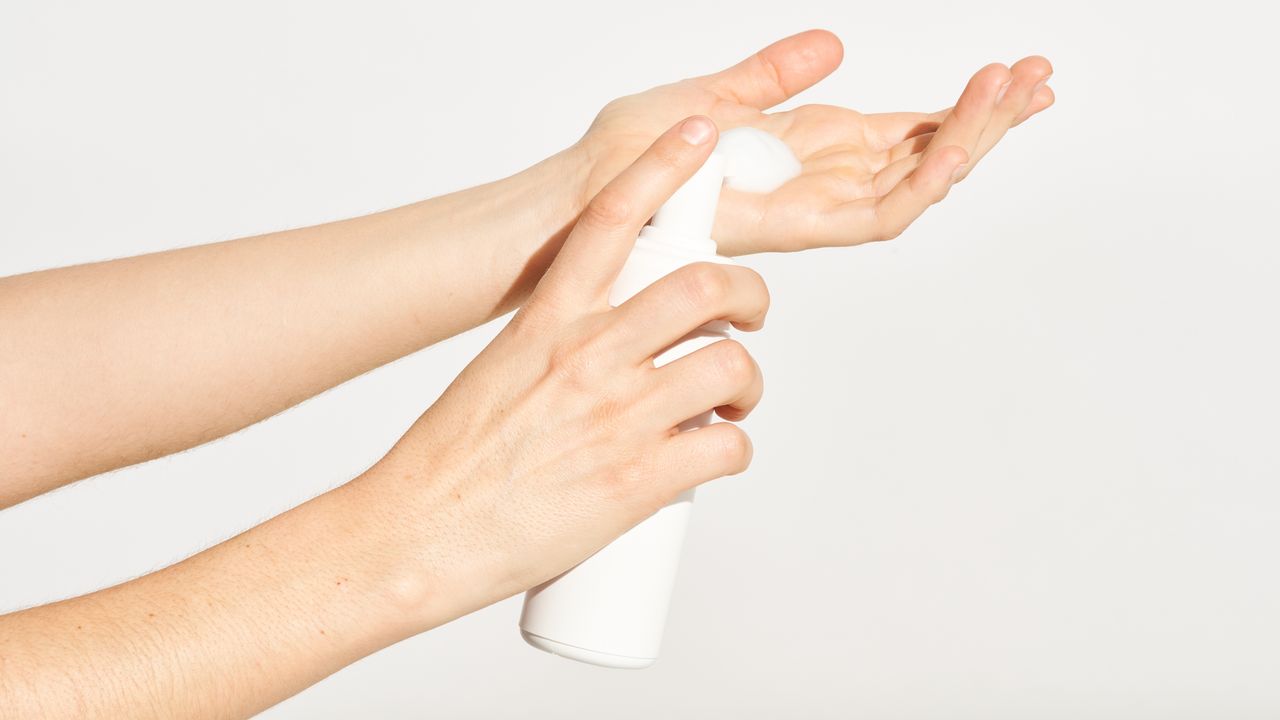
Supergoop! confirmed with Allure that Play Body Mousse is marketed pursuant to the OTC monograph, which does not require pre-approval by FDA, and the brand assessed the product to ensure compliance with all monograph requirements; Vacation tells Allure they adhere to all FDA-required methods of testing sunscreen for SPF levels and efficacy, and that all Vacation products are registered with the FDA.
Basically, a product’s formula can check all the regulatory boxes that allow it to hit shelves, but new formatting innovations like mousse can slip through the cracks. And for reasons that aren’t yet clear, when it comes to these two products, the FDA has just taken action now.
Dobos suspects that this seemingly sudden focus on foam sunscreens may have something to do with how a recent U.S. House Committee on Energy and Commerce hearing highlighted the FDA’s struggle to keep pace with the regulation of over-the-counter drugs due to staffing cuts and resource limitations. “I think the FDA just doesn’t have the resources to be as proactive about enforcement as we’d like when it comes to sunscreens, and this includes evaluating new active ingredients and test methods,” she says. By that logic, perhaps issuing these warnings had simply been on the agency’s ever-expanding to-do list.
Another expert theory: The sheer virality of foam sunscreens might have inspired the FDA to take a closer look at them. “These products are increasingly popular across social media and specifically with the younger generations. [They’re] fun to use, sensorial, and visually appealing,” Dr. Shamban says. “That level of visibility may have caught enough attention to work its way to the FDA, contributing to the warning pending further review.”
Regardless of why it’s happening now, board-certified dermatologist Mona Gohara, MD, is glad it is—and that’s nothing personal against Supergoop! and Vacation. “I’m not privy to FDA timing, but it is a good sign that sun protection is a priority, as it should be,” she tells Allure. “With rising awareness around skin cancer and the importance of consistent SPF use, ensuring that products meet established safety and efficacy standards is critical.”
Cosmetic chemist Amanda Lam, on the other hand, thinks these warning letters are “such a bummer for sunscreen innovation.” While she says she understands the regulatory compliance issues, “I think there are much bigger issues within the sunscreen world, like lack of UV filters and greenwashing, to go after instead of targeting these formats.” Dobos concurs that there’s much room for improvement when it comes to the FDA’s regulatory framework for sunscreens. “I’ve long advocated for updates, not just to allow innovation in active ingredients and product formats, but also to improve the way we test and label these products.”






